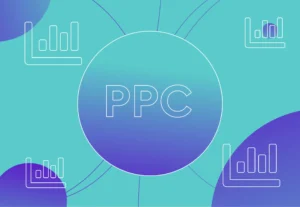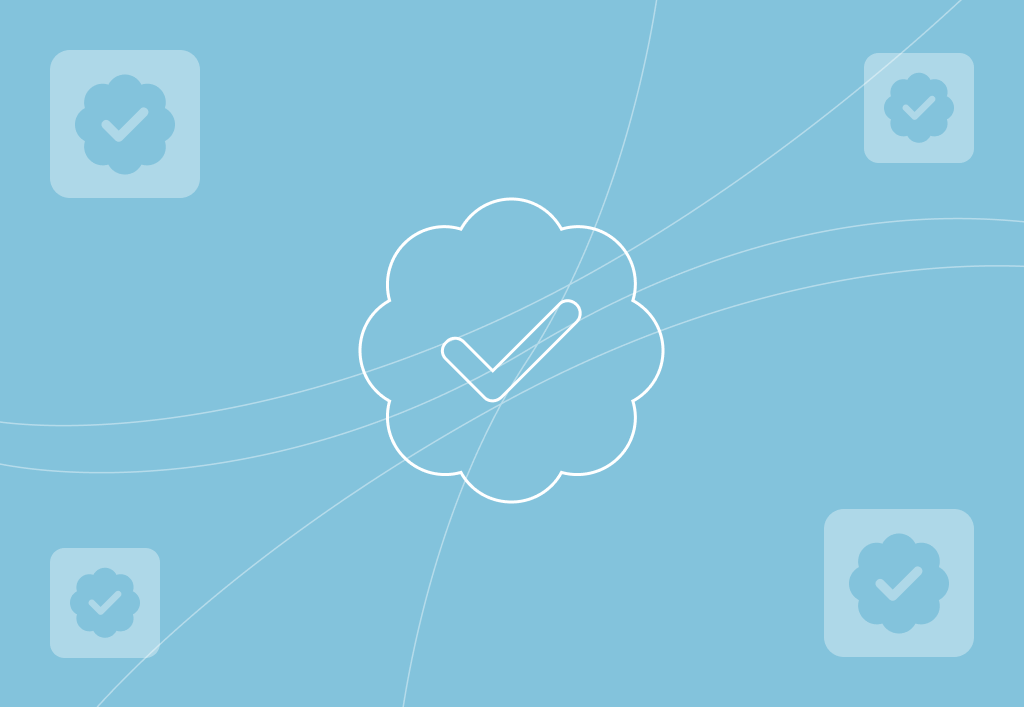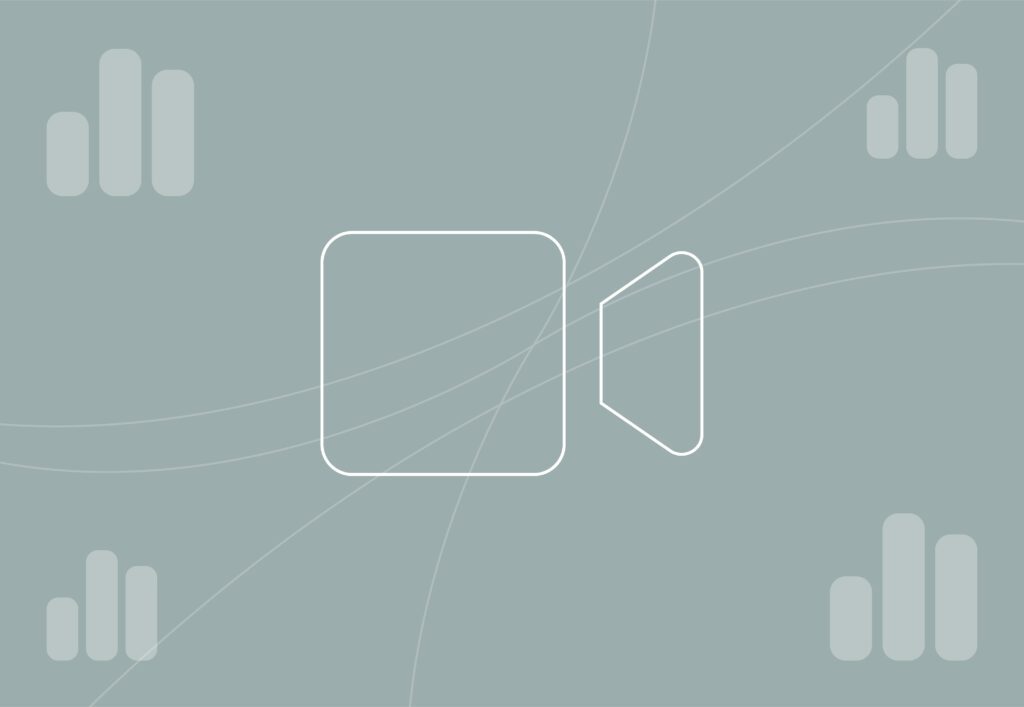
Why PPC automation is necessary for success

The world of pay-per-click marketing is an ever-changing landscape and with the recent trend of Google taking control away from the user by limiting the data readily available to us, the move to account automation is looking to be more of a necessity than an option.
Today, we will be looking at just a few of the PPC automation options available to Google Ads users, the pros and cons of each and when it is best to use them.
Get in touch with us today to learn more about PPC automation and how our team of experts can help your business drive sales and increase revenue through PPC.
Bid management

Automated bid management is by far the most valuable feature when it comes to the PPC automation technology that Google offers its advertisers. Setting the right bid for each keyword is a huge task that requires constant review and adjustments. Your cost-per-click (CPC) can change for a variety of reasons, including your business goals, competition, demand and other changes in the market. These factors make it nearly impossible to manage your bids manually on larger accounts.
Luckily, Google offers automated bidding solutions across all of its campaign types, including search and shopping. By selecting automated bidding or Smart Bidding as Google calls it, you give the control over to Google to use their machine learning to automatically calculate bids at a keyword, ad group or even campaign level.
There are six primary Smart Bidding options that you can select based on your business goals from the PPC campaign:
- Maximise clicks sets your bids to help get as many clicks as possible within your daily budget.
1. Maximise clicks
- Target impression share automatically sets bids with the goal of showing your ad on the absolute top of the page, on the top half of the page or anywhere on the first page of Google search results.
- Target impression share is only available on the Search Network.
- Target CPA will automatically set Search or Display bids to get as many conversions as possible at your target cost-per-action (CPA). Some conversions may cost more or less than your target, but the goal is to hit your target over 30 days. Make your target CPA a realistic figure and then slowly reduce the target once Google is consistently delivering results.
3. Target CPA (Cost per acquisition)
- Target ROAS sets bids to help to get as much conversion value as possible at the target return on ad spend (ROAS) that you have set. Similar to target CPA, make your target realistic and slowly increase the target once there are consistent results.
4. Target ROAS (Return on ad spend)
- Maximise Conversions sets bids to help you get the most conversions from your campaign while spending your daily budget.
5. Maximise conversions
- Maximise Conversion Value sets your bids to help you get the most conversion value for your campaign while spending your daily budget.
- Google’s machine learning analyses keyword data in real-time such as device, location, time of day, language and thousands of other factors to calculate the appropriate bid to maximise your goals.
6. Maximise conversion value
Ad creative

Creating targeted and relevant ad copy is one of the aspects of PPC management that requires human input. To drive traffic and conversions to your site, you need to think of a creative and unique headline and description that entices and speaks to your target audience. As those managing larger PPC accounts are aware, creating ad copy manually for every ad group is a challenging task, especially those with a quick rotation of inventory. You can improve the quality of your ads and reduce the time it takes to create them by utilising the automation features on offer from Google.
Responsive search ads
The effectiveness of Responsive Search Ads (RSA) has been a debate amongst PPC marketers around the world since their inception. However, in 2020, many of those against this ad type were persuaded after seeing significant improvements across the board once implementing them into their campaigns.
Responsive search ads (RSA) let you create an ad that adapts to display more text—and more relevant messages—to your potential customers. Enter up to 15 headlines and 4 unique descriptions when creating a responsive search ad, and over time, Google will automatically test different ad combinations and learn which combinations perform best. By adapting your content to closely match potential customers’ search terms, responsive search ads may improve your campaign’s performance.
Dynamic search ads
Dynamic Search Ads (DSA) are an underutilised ad type within Google Ads but are proven to deliver results on a high percentage of accounts. With a DSA, Google crawls your website and matches your landing pages to search terms that are closely related to your on-page content. When a users search query is relevant to your service or product, Google will dynamically create an ad with a highly relevant headline.
Google also allows you to expand your dynamic search ads to provide a deeper meaning that focuses on what users care about most.
If you have highly optimised content on your website, we highly recommend running DSA on your Google Ads account to improve results.
IF functions
If functions all advertisers to insert or change an ad’s message when specific conditions are met. This feature can be used to automatically tailor your ads to be relevant to your target audience. An example would be showing an ad with an exclusive discount if the user has previously abandoned their shopping cart. An IF function, alongside a remarketing campaign, is an effective combination to increase conversion rates without making any changes to your website.
Why automation is the future for PPC?

There have been automated options within Google Ads for years with the use of scripts and automated rules that made changes based on the conditions that you set. Where automation will outperform these older strategies is that you get the benefit of tapping into Google’s machine learning which has proven to be more effective over the past few years.
Improved efficiency
- There is no denying that PPC automation will help you save a lot of time. Automation technology can save you time on both complicated and mundane tasks. Bid automation will help you to identify performance-enhancing opportunities and act upon them and ad copy automation saves you hours of ad creation and testing every month to just name a few tasks.
Improved results
- PPC automation helps you to make more accurate and precise decisions based on your business goals. So when you use Google’s machine learning to analyse your business data, it will uncover improvements to your audience targeting and performance.
- Using PPC automation allows you to receive accurate forecasts from Google. Most advertisers rely on experiments to know how their bid and targeting changes will perform, this approach is lengthy and can be costly if done incorrectly. Using data-driven, real-time forecasts give you accurate projections on how your campaigns will perform down the road if certain changes are made. This ensures that you make the smartest decisions to improve the performance of your campaigns.
Opportunities for growth
- With a combination of saving time, improving account performance, and reducing wasted ad spend, automation provides unique opportunities to pursue new growth. Instead of focusing all of your energy on maintaining campaigns, automation technology allows you to use more time and money exploring new audience targeting, ad types, or even marketing channels.
- It does not matter if you have a whole team of PPC experts working to find performance opportunities. Artificial intelligence and machine learning technologies are quicker to compute data to derive quick insights and improve campaign performance. Taking advantage of PPC automation tools will soon be necessary to be competitive and scale your paid strategy.
What does this all mean?
Technologies go in and out of style every year, even in the world of PPC. Savvy advertisers are already utilising automated rules and scripts less and less thanks to the features of PPC automation that are being introduced.
That does not necessarily mean that three years from now everyone will be using responsive search ads and Smart Campaigns in Google Ads. Automated PPC features are also changing fast, so advertisers can expect new and better ways to use automation in the future.
Automation is no doubt the future of paid search, but not at the expense of human PPC account management. Automation serves as a great supplement to advertisers’ efforts which frees up more time to focus on new growth and optimisation opportunities.
Need support with your PPC?
Our team of PPC experts have extensive experience driving powerful results from various clients. If you want to know how we can help you – get in touch.



